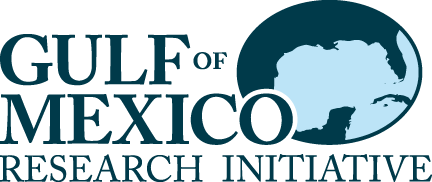Summary:
There is a need to examine broad ecosystem-level impacts of the Deepwater Horizon oil spill that may be indirect, synergistic, and may occur over a longer period than population-level impacts. The examination of ecosystem-level issues is well-suited to a modeling approach that is multi-disciplinary, collaborative, and makes maximum use of ongoing oil spill research The Integrated Ecosystem Assessment (IEA) process for the northern Gulf of Mexico (NGoM) has been in existence for two years and brings together a multi-disciplinary research team to identify key drivers of ecosystem dynamics in the NGoM ecosystem.
We propose to use this existing group to develop an ecosystem model framework for examining impacts of the oil spill. This effort will take a workshop approach to both obtaining data and insights from the NGoM research and management community; and to allow for a rapid process of peer-review for all project results. Model development will be conducted by a core model team made up of modelers and ecological researchers from five universities (USM, MSU, LSU, DISL, and FSU) who will take information gathered during the workshops and use it to develop a model framework.
The model will be food-web based with adaptations to exploit model expertise in the core group and to focus model output on model drivers identified during the first workshop. The outcome of this research will be a model framework specifically developed to address oil spill related questions and to make maximum use of ongoing oil spill research in NGoM. In addition, the formation of the core model team represents an important collaborative outcome that can be used in future NOAA-sponsored IEA work.
